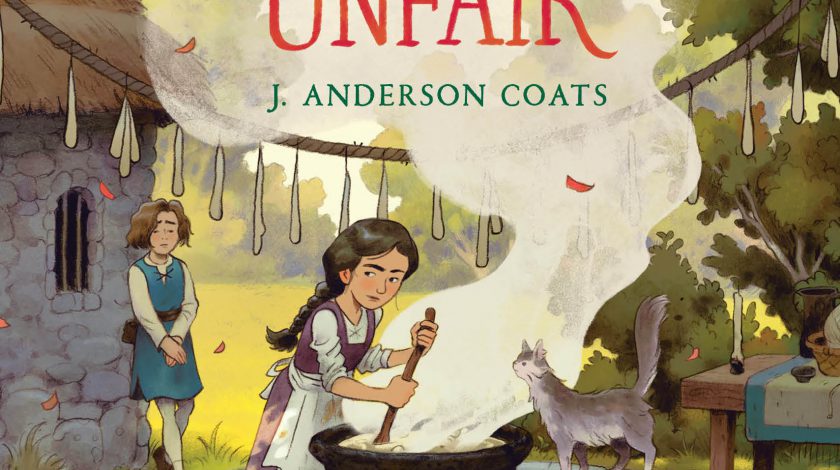With her recent historical fiction novel for middle grade readers, J. Anderson Coats has written a poignant coming-of-age tale. Over the course of six months—April through September—A Season Most Unfair tells the story of Scholastica Greenwell (aka Tick) who lives in St Neots with her papa and stepmother, Mama Elly, who “bubbles over with warmth and hugs and the coziest of welcomes” (51).
Tick cherishes the time she spends with her papa making candles. She feels needed and loved. However, without Tick’s knowledge, Papa takes an apprentice, and suddenly Henry’s gains become her losses. Tick is angry and hurt that her father no longer has attention for her. She hopes that “soon enough he will realize he was wrong about needing my help. He’ll see the wisdom in my idea, that the three of us make candles together” (56).
But, Tick is growing up, and people have expectations for someone who will one day become “young-womanly.” Tick is not eager to take on these new expectations. Instead, she is “happy enough to simply dip and render and trim and sell” (64). She thought her papa was equally happy to have her “willing hands and quick wit” (64).
If Henry is any measure to go by, Tick perceives that “when a boy grows up, he doesn’t get things taken away like girls do. Instead, a boy gets more things. More privileges. More trust from grown-ups. More space to roam. More attention paid to his thoughts and opinions. . . . Instead of warnings, [boys] get a glimpse into all the good things coming their way if they can just be patient and worthy enough” (160).
When Tick realizes none of her scheming will shift Papa’s thinking, she plots to attend the Stourbridge Fair—the area’s market—without his blessing. To win back his favor, Tick is determined to prove her worth.
From this emotionally touching tale, readers will take away a key moral: “You can’t keep doing what’s easy in the moment to make a problem go away, instead of just facing up to whatever it is. All it does is make the consequences that much worse when you finally do have to reap the whirlwind” (233). Tick also teaches readers that honest communication and questions are always better than assuming.
- Posted by Donna

